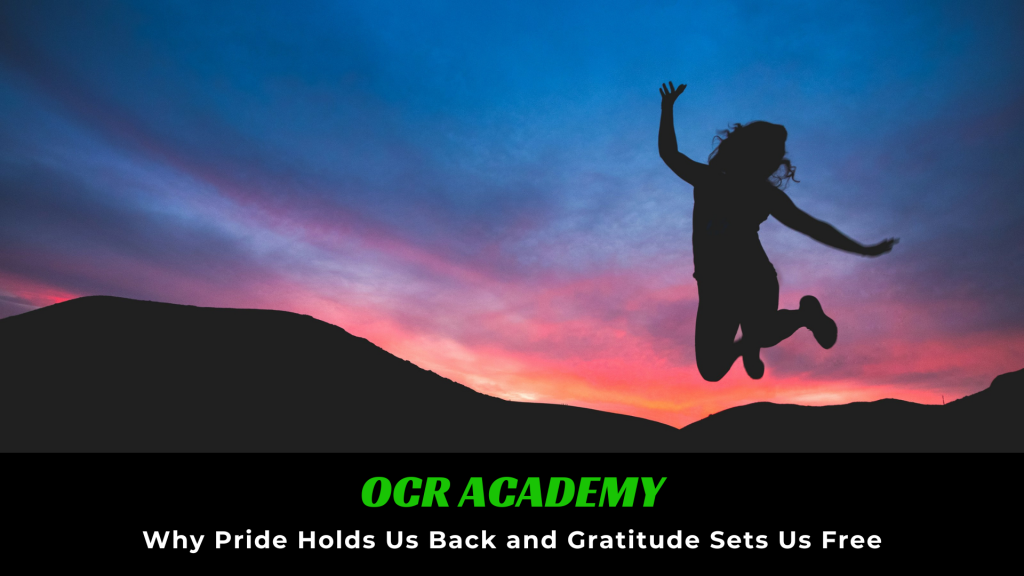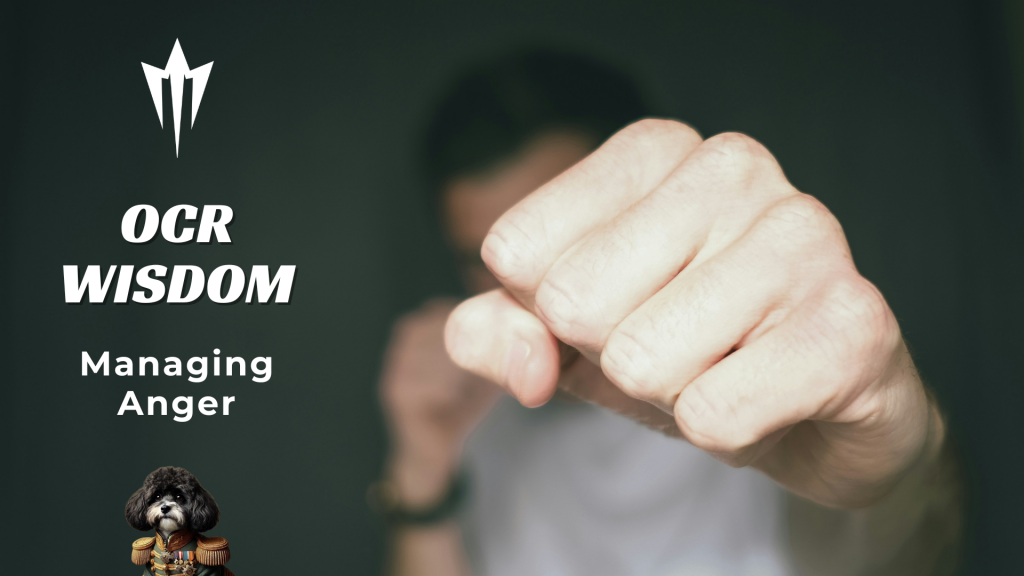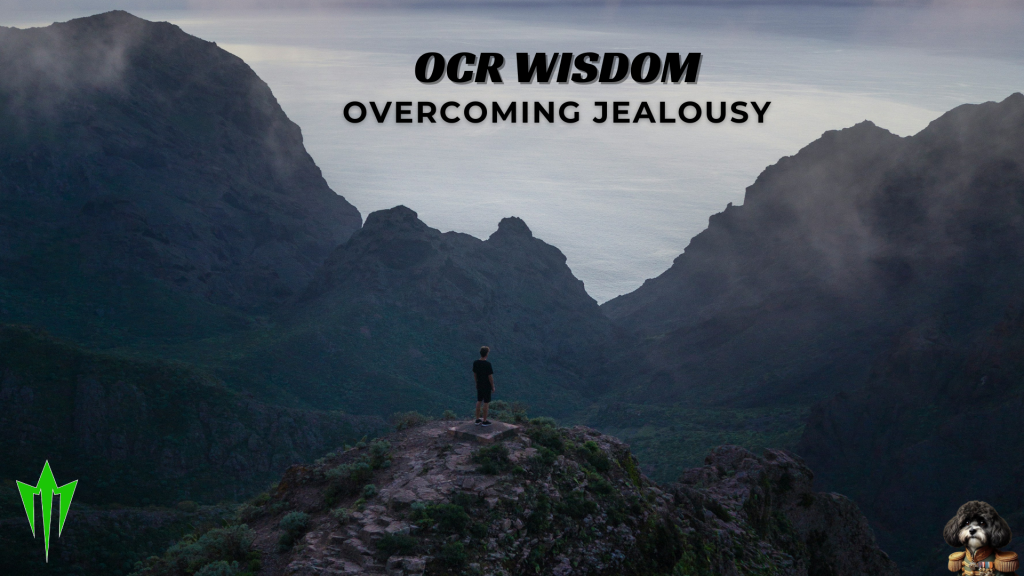If you’re not fluent with gratitude you will not be on speaking terms with happiness.
Pride, traditionally regarded as one of the seven deadly sins, is often portrayed as an inner trap—a self-centered emotion that blinds us to our limitations and vulnerabilities. Jordan Peterson, a prominent psychologist, and thinker, often speaks to the dangers of pride in his work, warning that it can distort our sense of self, cut us off from genuine connections, and halt our potential for growth. Rather than reveling in pride, we might find a deeper sense of fulfillment in gratitude: acknowledging the circumstances we were given and celebrating our resilience within them.
The Pitfall of Pride
Pride can make us feel inflated, elevating our sense of self beyond what is genuine. It often draws us into a cycle of competition, encouraging us to measure our worth against the accomplishments of others. This mindset, Peterson warns, can lead us to view life as a game of winners and losers, one that disregards the personal battles we all face.
Pride blinds us to the fact that, at any given moment, we are doing the best we can with the tools and knowledge available to us. When we are entrenched in pride, we overlook the value of progress, however incremental. Instead, we focus only on outcomes, believing that we must outperform others or meet arbitrary standards of success. But what if the true measure of success was not in comparison but in the small acts of resilience we show daily?
Choosing Gratitude Over Pride
Gratitude shifts our perspective inward, urging us to recognize our strengths without the need to elevate ourselves above others. Where pride isolates, gratitude connects; it opens us up to a broader understanding of the circumstances that shape each person’s journey.
Jordan Peterson often speaks about gratitude as a counterbalance to life’s inevitable hardships. By focusing on gratitude, we acknowledge the factors beyond our control, allowing ourselves to see the bigger picture. We were each dealt a unique hand—our background, resources, and opportunities vary greatly. The real test, then, lies not in achieving greatness by society’s standards but in finding pride in doing our best within the framework of our own lives.
Appreciating Effort, Not Outcome
The beauty of gratitude lies in celebrating the process rather than just the result. Peterson argues that individuals should measure themselves based on who they were yesterday, not who someone else is today. This shift in perspective encourages us to recognize our growth without falling into the trap of comparison. Instead of being proud of accomplishments that set us apart, we might instead feel grateful for the resilience that enables us to keep going, even when challenges arise.
A Balanced Approach
The line between pride and gratitude is nuanced, but understanding this difference is key to fostering a balanced approach to self-improvement. Pride says, “Look at what I’ve done,” seeking validation from others. Gratitude, however, says, “Thank you for the opportunity to try,” finding peace in knowing we have put in our best effort.
In the end, living a life free of pride does not mean undervaluing our achievements or stifling our ambitions. Rather, it involves recognizing the limitations we all face and finding strength in our perseverance. Gratitude allows us to build a solid foundation of self-worth—one rooted not in the fleeting highs of victory but in the steady appreciation of our own journey.



